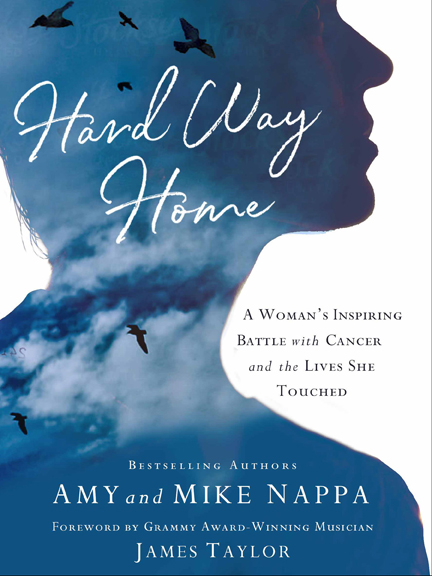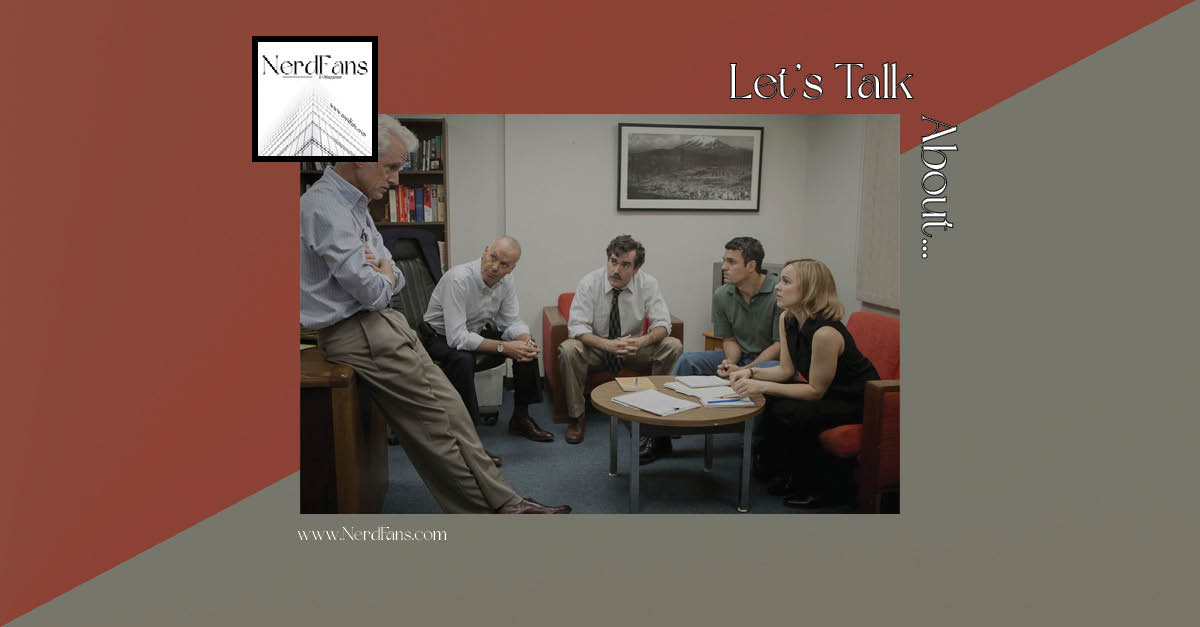An Editorial Team reason for rejection
Imagine that I come to your house for dinner.
After you’ve graciously invited me in, I learn that you and your family are headed to Disney World for vacation this summer. Well, of course, I want to go along! So I say to you the following:
“You know, my daughter is lovely! In fact, my daughter is so wonderful, that by comparison, she makes your kids look like rejects from an Ugliest Dog competition. I mean, seriously, look at your oldest child there. Those terribly crooked teeth are just awful! And your middle kid? Wow, is that the North Star on his forehead? Oh no, it’s just a Goliath-sized pimple. Gross! And I can see that your new baby obviously takes after her daddy…Well, at least plastic surgery will be an option when she’s older, right?”
I smile contentedly at you and your family. “Now,” I say, “wouldn’t you like my lovely daughter and me to join your family on that Disney vacation?”
Three guesses what kind of response I’m going to get—and the first two guesses don’t count! After I’ve insulted your family, chances are very slim that you’re going to invite me to join you on the Pirates of the Caribbean ride or to mix with Mickey and Minnie Mouse when your kids go to a Disney Character Breakfast.
Surprisingly, many authors think nothing of taking that same insulting approach toward an editor or publishing house. For instance, my wife is an executive editor at a mid-sized publisher, and she came home rolling her eyes recently.
“First,” Amy said, “this writer sent me a pitch with the most sappy, silly title ever.” (It was something like “The Glorious Bride” or “The Marriage Bride” or whatever—and no, it wasn’t a book about marriage.) “Then, she insulted the competition,” my wife continued, “which included belittling two books I published—which we are still selling, and selling well.”
Want to guess where that author’s proposal ended up? Yep. Rejection-ville.
Do you see why it ended up there?
In the first place, my wife—a well-educated, intelligent corporate professional—was intellectually insulted by the overly simplistic, sappy title. Honestly, this writer was lucky that Amy looked past the title and dug into the rest of the proposal. (I wouldn’t have.)
Next, in an attempt to build up her own book, this writer actually insulted the work of the editor to whom she sent the proposal. Regardless of whether or not the writer’s critiques were valid, you simply don’t tear down a publisher’s current list of books as a means toward getting that publisher to add your book to a future list. That just makes no sense.
Other writers insult an editor by
- speaking disparagingly of authors she’s been associated with in the past, or
- taking a tone of condescension in a cover letter (“Of course you wouldn’t know this, but as my book will show, 2+2 actually equals 4!”), or
- garbling the editor’s name, addressing a “Mr.” as “Ms.” (or vice versa), or
- simply approaching the editor with an overall sense of disrespect.
Most often these insults are unintended, but the result is still the same—another ticket to Rejection-ville.
What You Can Do About It
1. Know your audience.
The lesson here is simple: If you want to increase your chances of publishing success, then take care not to make the editor or the publishing house feel insulted—even by accident! The best way to do that is simply to know your audience.
Before you send something to an editor, find out what that editor has worked on in the past, both in her current position and at previous companies. Look through the publisher’s website to see what they’ve done recently in your area—and to gauge whether or not they’ve been successful with those books. See if you can discover career highlights for your editor. Look at the editor’s blog to see what she values, or which books he admires. Find out what the publisher as a whole seems to be proud of … and then avoid speaking disparagingly of anything on that list.
As with any relationship, the more you know about a person (in this case, the editor), the better you will be at tailoring your interactions with that person—and avoiding inadvertent insults that could sabotage your publishing efforts.
2. Be tactful.
After reading this section, you might be thinking, “OK, I should be sure to avoid comparing my book to anything that the publisher has already released.” That’s the exact wrong message to take from this section.
There’s actually nothing wrong with comparing your book to a book (or books) that the desired publisher has already released. In fact, you should be able to show how your proposed work is more than just a rehash of what they’ve done in the past. BUT you must also be tactful in the way you do that.
Try to remember that simply tearing down another product doesn’t necessarily lift up your product. It’s better to take a “gap” approach to critiquing. That is, to identify areas in which the other product is strong, but also to show the gaps in that strength—and how your product fills those gaps.
Ask yourself, “If this were a child, how might I tactfully communicate a critique without insulting or disrespecting the child?” Let your answer guide the way you articulate yourself in your book proposal, and that should help you avoid making the editor feel insulted by your comparisons.
3. Be complimentary.
A little sucking up never hurt any aspiring writer—especially if your flattery is true. If you know the editor was involved in a successful project in the past, go ahead and compliment the editor on that. You might say something like, “After seeing your fine work on The Blah Blah Book, I’m betting that you’ll be just the right person to handle my book….”
Also, go ahead and compliment the publishing house as a whole on their recent line of books, or on their reputation with authors, or on their status in the industry. Doing so communicates that you both know this company, and are eager to support its success. Plus, it diminishes the number of opportunities you have to lob an unintended insult.
So go ahead and say something nice…it just might pay off.
Looking for more? Check out these links:









